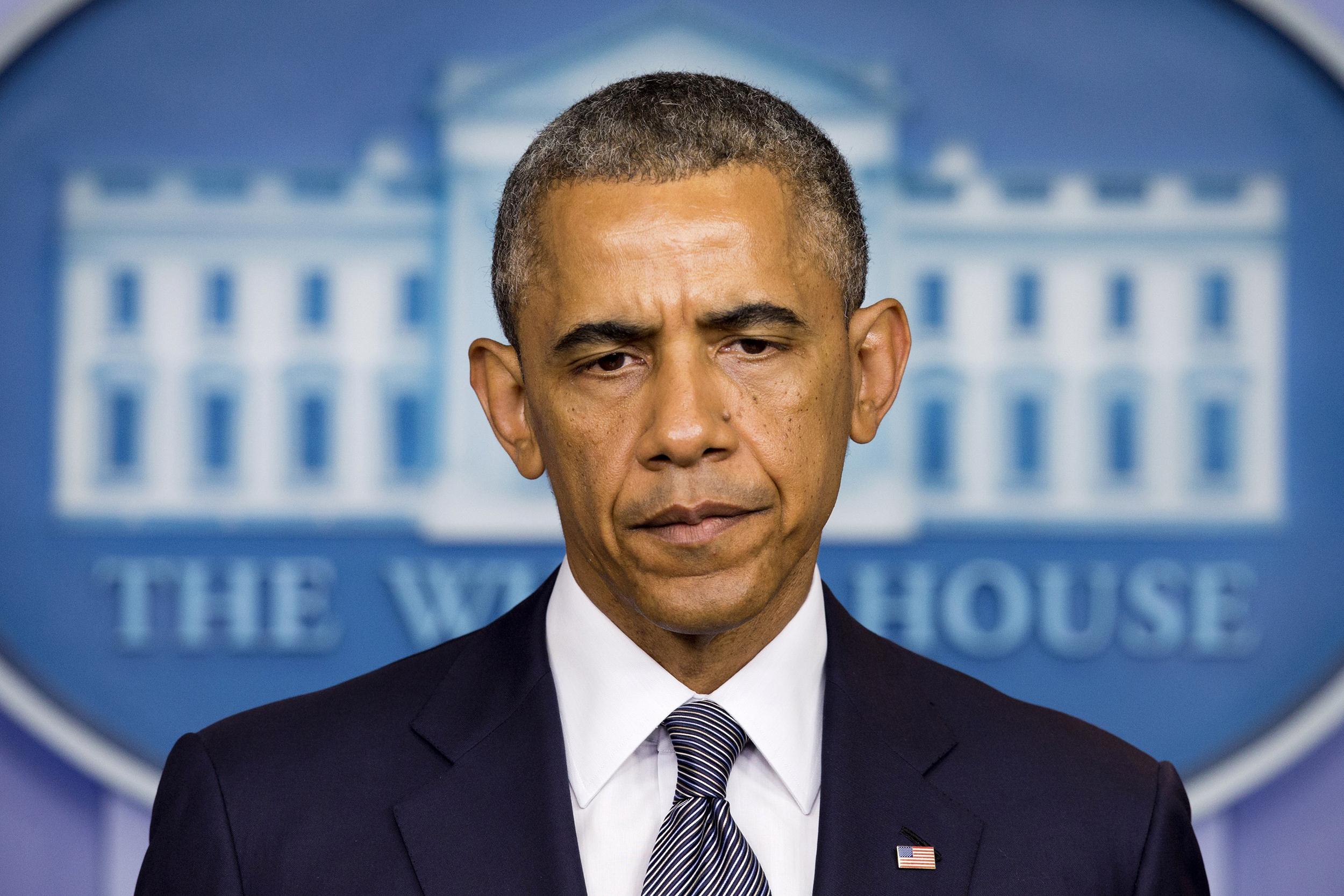Russ Read
It is becoming increasingly clear that there are two interpretations regarding the fight against Islamic State: the first, a more complicated reality of the situation in Syria and especially Iraq, the second, the image of success against ISIS cultivated by the Obama administration.
President Barack Obama continued to praise the recent success of the coalition fighting ISIS in his Wednesday visit to the headquarters of the Central Intelligence Agency in suburban northern Virginia. Josh Lederman and Kevin Freking of the Associated Press reported Obama told the crowd that it had been “a bad few months” for ISIS.
“Every day, ISIL [ISIS] leaders wake up and understand that it could be their last,” said Obama in his address to the crowd in Langley, Virginia.
While it is certainly true that coalition forces, backed by the U.S. via Operation Inherent Resolve, have made gains against the terrorist group in Iraq and Syria, the administration appears to be associating victories in one theater as a sign the terrorist group as a whole is deteriorating. Moreover, the success of coalition partners, particularly the Iraqi Security Forces (ISF), is often relayed in official statements, yet the integral problems within the various coalition forces are rarely addressed publicly.
Lederman and Freking noted in their report that Obama’s speech at the CIA “offered no new steps or specifics about how the U.S. will beef up the fight against [ISIS].” Though Obama may not have noted it in his speech, it is clear that the administration has taken new steps in the conflict, particularly regarding the ever-growing U.S. footprint in Iraq.
While U.S. air strikes and training operations have been well-known since the start of the fight against ISIS, it was the death of a Marine in March stationed at a U.S. fire base in northern Iraq that raised questions as to exactly how far U.S. involvement has gone. As it turns out, the U.S. had stationed an artillery unit at the fire base in order to support ISF forces as they pushed north. The Pentagon claimed that this did not necessarily represent an increase in U.S. ground presence. It was instead simply a continuation of U.S. fire support missions via a different weapons system. It has since been reported that the U.S. intends to expand its fire bases in the area.
The proposed U.S. military expansion and the administration’s praise of the ISF comes at a time when the cracks within Iraq’s political and military system are becoming increasingly evident. Iraqi parliament engaged in an all-out brawl Wednesday over disputes regarding calls for Prime Minister Haider al-Abadi to step down.
Al-Abadi has faced significant trouble balancing Sunni and Shia interests as Iran’s influence over Iraq’s Shia leadership continues to grow in both the government and the ISF’s Popular Mobilization Units (PMUs).
ISF has made headway in retaking the key city of Ramadi and in Operation Desert Lynx, the mission to retake the Euphrates river valley from ISIS, but as they made progress, their lines became increasingly thin. ISIS has employed guerilla style tactics in areas retaken by ISF, and has even managed to engage in suicide bombings in the Iraqi capital of Baghdad. The hit-and-run attacks may not regain ISIS’ lost territory, but they certainly show weaknesses within the Iraqi security apparatus.
While the U.S. presence in Syria is not as diverse as it is in Iraq, U.S.-backed forces in that country are plagued by similar issues. Several reports of infighting between various groups armed by a number of U.S. agencies continue to distract from the mission at hand. Thanks to Russian intervention, a newly solidified Syrian government has been able to take the fight to ISIS forces, yet it is unclear how the government’s gains factor into the U.S. mission.
The Kurdish Peshmerga, the one consistent force that has fought ISIS since its rise, is now also on the brink of disaster. Speaking Wednesday at a seminar in Washington, the Kurdish Regional Government’s Deputy Prime Minister Qubad Talabani and Interior Minister Karim Sinjari warned that Kurdistan was facing massive funding problems. They revealed that the KRG’s deficit is around $100 million per month, and without direct financial support from the U.S., their ability to keep up the fight against ISIS may diminish.
Despite the problems inherent in Iraq and Syria, the progress against ISIS is undeniable — but while ISIS has lost territory in some theaters, it has gained territory in others. Absent from Obama’s speech to the CIA, or any of the similar ones preceding it, was a clear strategy on how ISIS gains in Libya, Yemen, Somalia or Afghanistan will be countered. Indeed, most news on the fronts outside of Iraq and Syria come in the form of periodic updates on air strikes targeting ISIS camps or leadership in the areas. While the kill-count on these operations has often been impressive, the strategy in countering ISIS outside of Iraq and Syria rarely clarified.
Obama’s speech came just days before he is scheduled to meet with the Persian Gulf leaders to discuss the ongoing fight against ISIS. In his statements he noted the importance of the involvement of “the entire world” to counter the ISIS threat.




